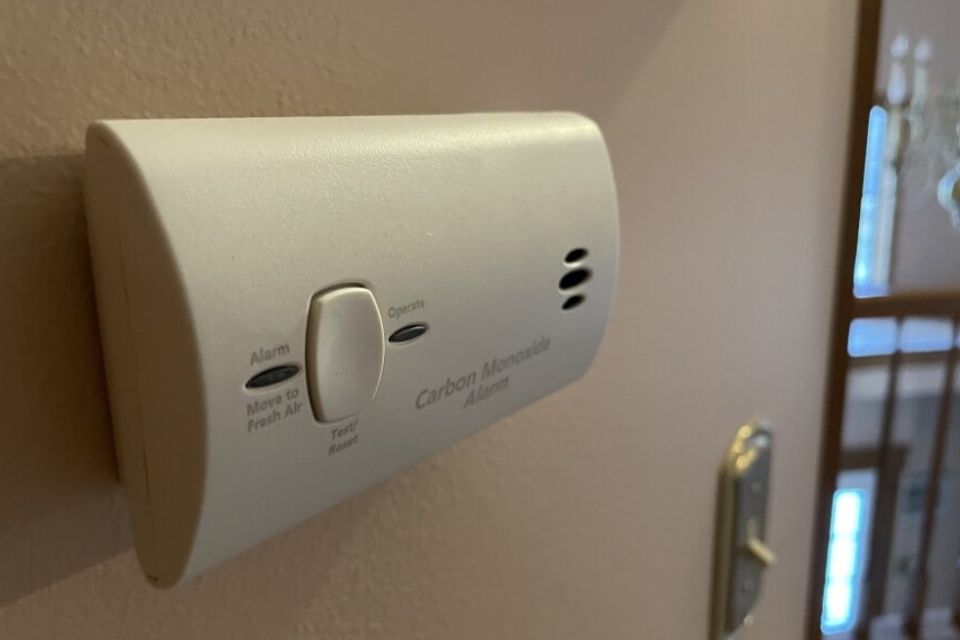Protect Your Ottawa Home: Carbon Monoxide Safety and Furnace Care
What is Carbon Monoxide (CO)?
Carbon monoxide (CO) is an invisible, odorless, and colorless gas created by the incomplete combustion of fuels like natural gas, oil, or wood. Common household appliances such as furnaces, boilers, water heaters, and fireplaces can produce CO. Because modern Ottawa homes are often tightly sealed for energy efficiency, carbon monoxide can build up quickly if it’s not properly vented—creating serious health risks.

